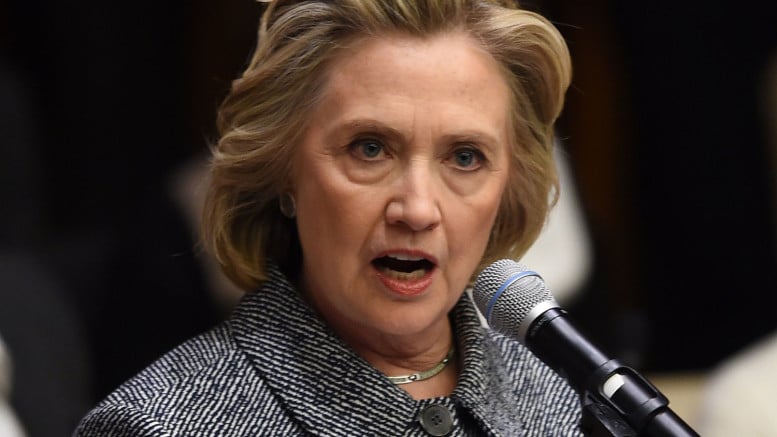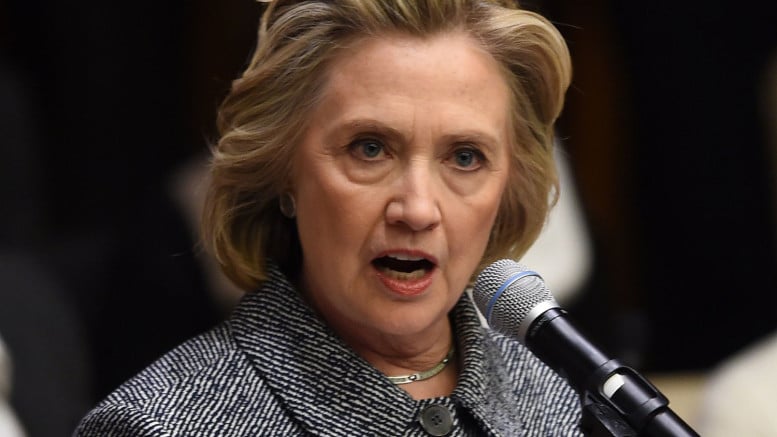Rules are for fools, and in this case the fools in question are you, me, and what’s left of the American democratic system. Obama, in an interview, basically made it clear nobody is going to indict Hillary Clinton for exposing classified material via her unclassified email server, even if it requires made-up rules to let her get away with it.
The president’s comments in an interview last Sunday that “there’s classified and then there’s classified” made clear he imagines national security law allows for ample, self-determined fudge room when exposing classified material.
Does Over-Classification Matter?
In case you are still not sure, nope, that is not the way the law works, and everyone (including me, for 24 years) who has held a security clearance knows it.
Obama’s and Clinton’s defenders claim that much of what Hillary exposed was over-classified, and perhaps some should never have been classified at all. Maybe. After reading documents at the Top Secret level and above over more than two decades I can say, sure, sometimes it seemed odd that something was regarded as as secret as it was.
That said, one’s personal opinion is not relevant. The document is what it is and one is bound to handle it appropriately. The same rules apply to the lowest new hire to the highest officials. Just because the secretary of state, or the president, does it does not make it legal.
Originating Agency
Clinton mishandled two broad categories of documents, those classified by her own State Department and those classified by other government agencies, such as the CIA. Had she believed that the documents were wrongly classified, she had recourses for both sets. She did not act on those available recourses.
With documents originally classified by her State Department, Hillary had the authority to declassify them herself while Secretary of State (both Obama and current SecState John Kerry still hold that authority and could declassify any of Hillary’s redacted emails right now with the stroke of a pen.) The thing is if Clinton did choose to declassify a document, she would have had to follow procedure, including seeking internal recommendations, make her action public, and of course be willing to release the document newly-declassified. She did not do any of that.
For the other agency documents, Hillary did not have the authority to declassify them. Only the CIA, for example, can declassify a CIA document in this process. Hillary did however have the authority to request a review aimed at declassification by the originating agency. She did not do any of that.
No Blood, No Foul?
In addition to his made-up assertion that “there’s classified and then there’s classified,” Obama disingenuously stated Hillary did not expose any information of value to America’s adversaries and so should suffer not sanction, the national security equivalent of no blood, no foul.
The Federal laws that control classified information, up to and including the Espionage Act, do not require proof that the disclosed material aided America’s adversaries, or that the information even reached America’s adversaries. Motivation to disclose the information is also not considered relevant, whether than motivation was sincere whistleblowing or inadvertent mishandling. Guilt is based on the disclosure alone. This is why Chelsea Manning was not allowed to defend herself in this way, and why Ed Snowden believes he cannot have a fair trial in the US
Snowden had the last word on Obama’s statements.
“If only I had known,” tweeted Snowden. “Anyone have the number for the Attorney General? Asking for a friend.”
Reprinted with permission from WeMeantWell.com.


